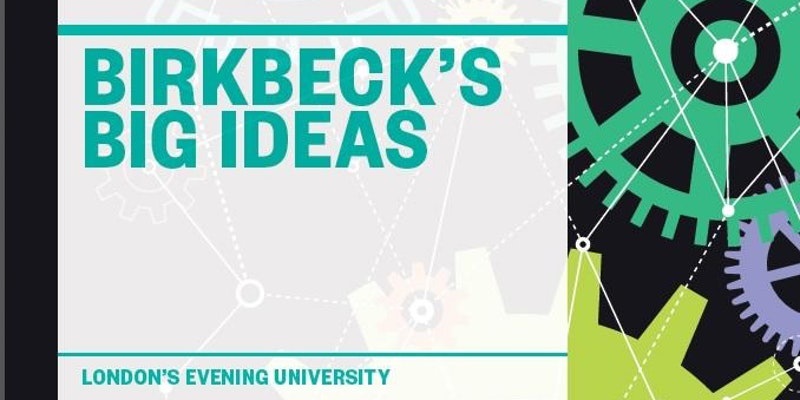Birkbeck’s Big Ideas is a free public lecture series delivered in the heart of the local community. Organised by the Access and Engagement team, Big Ideas brings ground-breaking Birkbeck research to those who may not otherwise have the opportunity to hear about it. Ahead of the launch of the 2019 programme, hear from Dr Tim Reynolds who works in Birkbeck’s Department of History, Classics and Archaeology. Tim took part in Big Ideas last year, and here he tells us about his experience.

The Access and Engagement department works to break down barriers to higher education for under-represented communities. Bringing Birkbeck research to a community venue is at the heart of this mission. As well as demonstrating the relevance of our academics’ ideas and research in today’s society, the series also highlights Birkbeck’s commitment to lifelong learning. Birkbeck’s Big Ideas operates on a simple premise: everyone is welcome, regardless of academic experience or background, and the lectures are a chance to learn something new. Some of those who attend may never have experienced a university lecture before so academics are asked to present their research in a manageable format, in a way that will be easily comprehensible for those without prior knowledge of the subject. Over 160 people attended the 2017/18 series, which included lectures in Psychology, Law, Geography and Philosophy. All were hosted by City and Islington College’s Centre for Lifelong Learning in Finsbury Park, and we’re delighted to be returning there from January 2019.
In April 2018 Dr Tim Reynolds, Senior Lecturer in Birkbeck’s Department of History, Classics and Archaeology, presented a talk on his work on the Neanderthal burial cave of Shanidar. Here he explains more about the experience and why he chose to get involved:
“I have been interested in Neanderthals and modern human archaeology since I was a child and read about Shanidar cave in 1978. I am now actually digging there and recovering new Neanderthal remains. In between, I have been County Archaeologist for Cambridgeshire and at BBK for 15 years. In that time I have worked on early human sites in Sarawak, Libya, Iraq and Norfolk!
I got involved with Big Ideas as these are exciting times in human evolutionary studies with new species and biochemistry expanding and challenging old ideas. These are embedded in scientific literature and Big Ideas is an opportunity to present them to an intelligent and interested new audience.
The lecture was well attended, people were friendly and keen and asked sensible questions that showed sound understanding of the issues. The venue was accessible and the staff welcoming. I particularly enjoyed presenting to an audience in an area where I grew up!
It brought the childhood interest full circle. Presenting was fun and the audience engaged. There were local people of mixed ages and even an editor from New Scientist! I would strongly recommend the Big Ideas as a way of getting research out to a new audience.”
Members of the Birkbeck academic community who are interested in delivering a Big Ideas lecture can contact the Access and Engagement department for further information on how to get involved, by emailing getstarted@bbk.ac.uk
. Reply . Category: Categories


